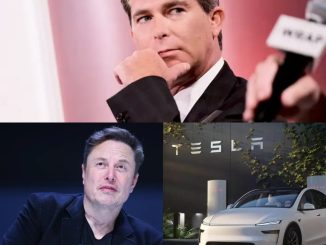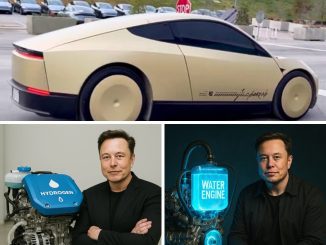In a stunning turn of events, Kansas City Chiefs quarterback Patrick Mahomes made headlines around the world by rejecting a $10 million donation offered by tech mogul and billionaire entrepreneur Elon Musk. The donation, which was intended to help further Mahomes’ initiatives both within the NFL and through his youth football development program, quickly became the talk of the sports and business worlds.
However, Mahomes’ response was equally surprising, as he turned down the money with a statement that left many questioning the values behind the decision. “Keep it and spend it on something that actually helps people,” Mahomes said, catching both Musk and his millions of followers off guard.
For most athletes, especially those of Mahomes’ stature, a $10 million donation would be seen as a windfall — an opportunity to expand their charitable efforts or bolster their public persona. But Mahomes, known for his humility and commitment to giving back, wasn’t swayed by the size of the offer.
His rejection of the donation underscores a deeper philosophy he has maintained throughout his career — one that prioritizes authenticity, community involvement, and meaningful change over quick fixes or grand gestures.
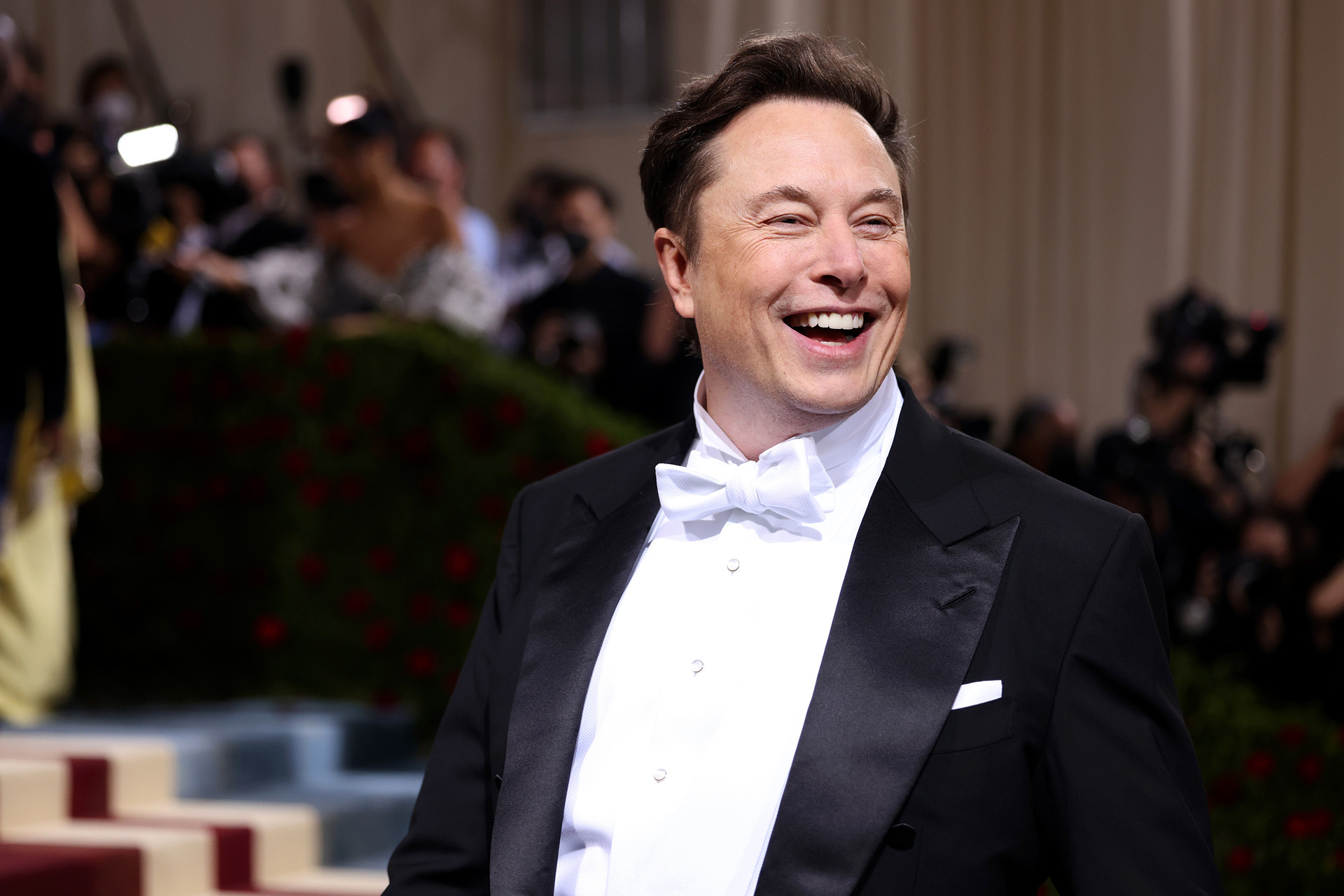
Elon Musk, who has long been at the center of groundbreaking technological advances, ventures in space, and ever-increasing influence in various industries, has a reputation for using his wealth to initiate ambitious projects. His offer to Mahomes was rooted in Musk’s admiration for the quarterback’s rising influence both on and off the football field.
Mahomes, who has not only established himself as one of the greatest quarterbacks in NFL history but also as a passionate advocate for youth football and community development, seemed like an ideal partner for Musk’s philanthropic ventures.
At first, Musk’s offer seemed like a natural fit. The $10 million would have been a significant addition to Mahomes’ existing initiatives.
With his football program aiming to provide resources and mentorship to underprivileged children and young athletes, the donation could have funded new facilities, scholarships, and initiatives designed to inspire and train the next generation of athletes. The program, which has already made substantial strides in Kansas City and beyond, would have benefitted immensely from the infusion of funds.
However, Mahomes’ response to the donation offer shows a remarkable level of conviction. His decision to reject the money wasn’t just about the immediate impact it could have had on his initiatives. Instead, Mahomes appears to have taken a broader view of what “helping people” truly means.
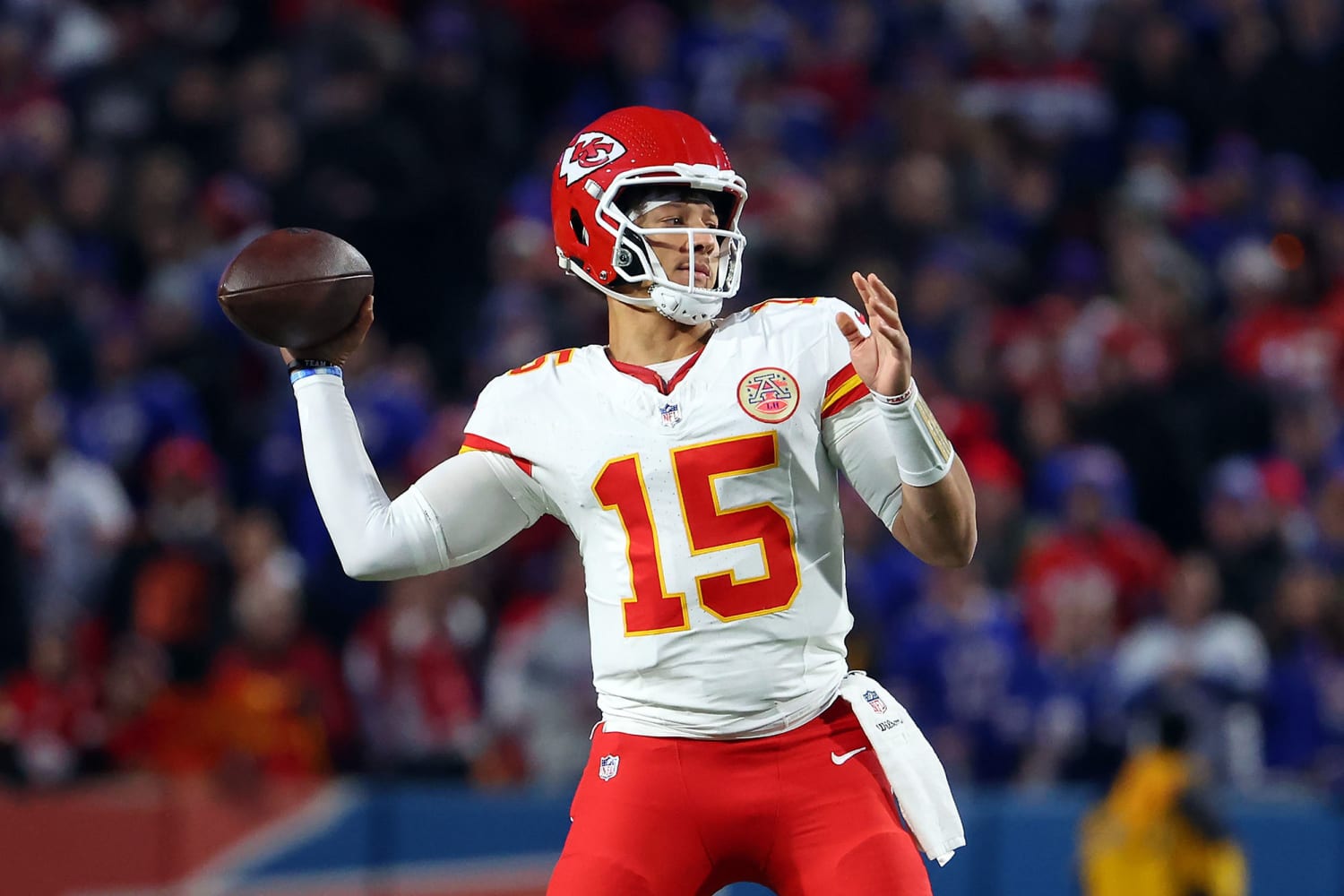
Rather than accepting a large sum that could easily be spent on furthering his own cause, he pointed to the importance of long-term, sustainable efforts that address systemic issues within society.
“I’ve never been one to rely on handouts,” Mahomes explained in a statement following the rejection. “The goal is to build something that stands the test of time, something that doesn’t just change lives in the moment, but that has a lasting impact on entire communities. It’s about more than just the money; it’s about the real work that goes into creating opportunities for people to succeed.”
Mahomes’ stance is rooted in his own experiences growing up. Raised in Tyler, Texas, Mahomes learned early on that success wasn’t just about talent — it was about the resources and opportunities that were available to you. His father, Pat Mahomes Sr., was a professional baseball player, and his mother, Randi Mahomes, ensured that he and his brother had everything they needed to pursue their dreams, but also grounded them with an understanding of the importance of hard work and gratitude.
It’s clear that Mahomes’ rejection of Musk’s offer is consistent with the values he’s always held.
What sets Mahomes apart from other athletes is his holistic approach to success. While many athletes rely on brand endorsements, media appearances, and endorsements to build their personal empires, Mahomes has chosen to take a more hands-on approach with his charitable endeavors.
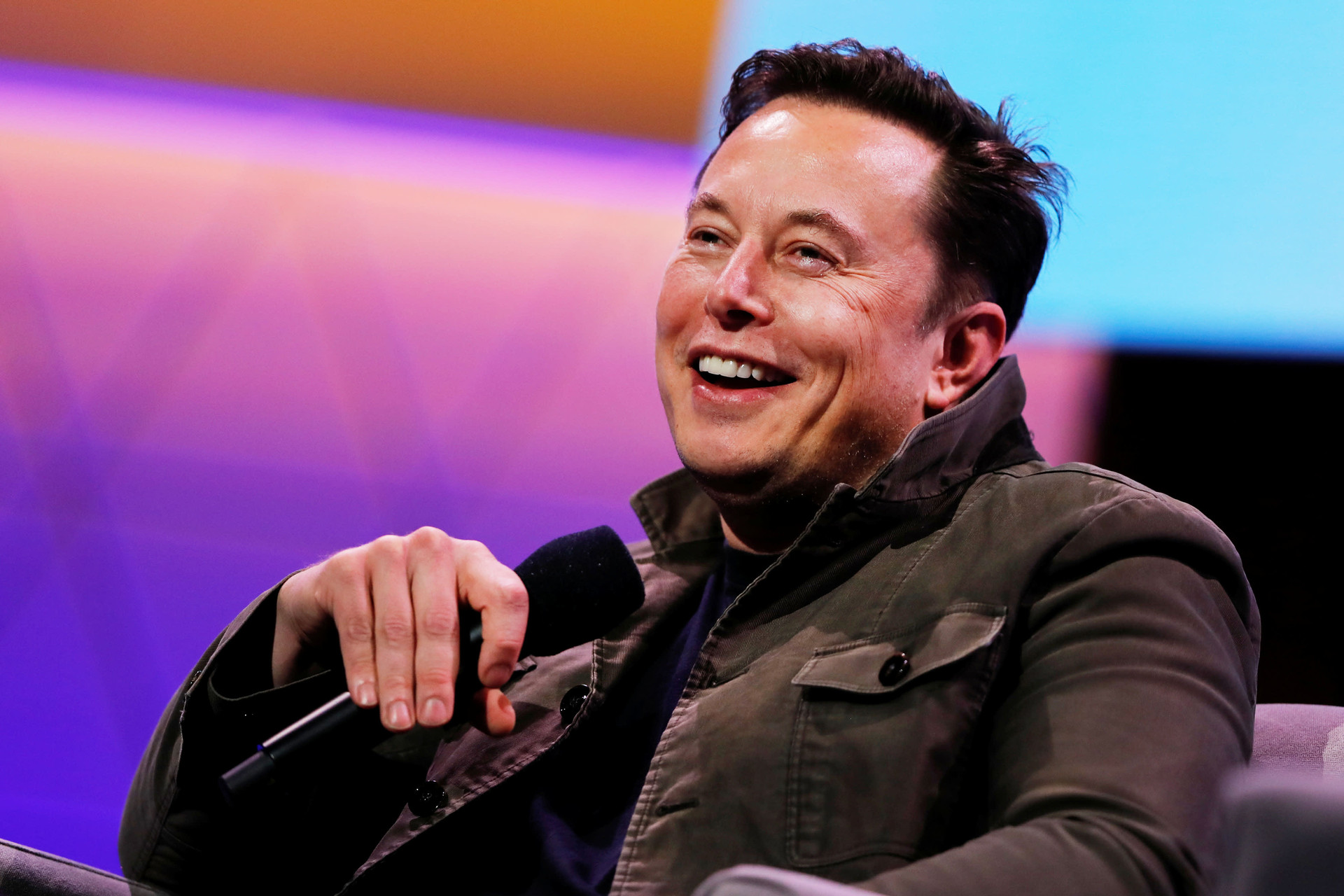
Rather than simply writing checks or making large donations, Mahomes spends time directly engaging with the communities he aims to support. He runs football camps, mentors young athletes, and works with his foundation to provide educational and athletic resources to underserved communities.
For Mahomes, charity isn’t just about writing a big check; it’s about being present, making a tangible difference, and creating opportunities that weren’t there before. His youth football program, for instance, offers a unique combination of skill-building, mentorship, and life lessons that go far beyond what most organizations provide.
Mahomes sees the future of football as an avenue for personal growth and leadership development, believing that the sport offers a powerful platform for instilling positive values in the next generation.
The rejection of Musk’s offer also comes at a time when Mahomes is increasingly seen as a figurehead for a new wave of athletes who are taking control of their own narratives and impacting society in ways that transcend sports. While many athletes focus on amassing wealth and fame, Mahomes is more concerned with using his platform to inspire social change.
His decisions reflect a growing movement among athletes to move away from passive charity and focus on creating lasting, meaningful change.

Mahomes’ rejection also speaks to a growing sense of skepticism about the ways in which wealth and influence can be used to “fix” problems. While Musk’s offer may have been well-intentioned, Mahomes’ response hints at a broader critique of billionaire philanthropy.
Instead of relying on the generosity of the ultra-wealthy to solve societal issues, Mahomes is advocating for structural change and community-driven solutions. In his eyes, true help comes from empowering individuals, creating educational opportunities, and providing tools that can lead to self-sufficiency rather than dependency on external handouts.
Musk, for his part, has not taken offense to Mahomes’ decision, although the offer certainly raised eyebrows. In a public response, Musk expressed admiration for Mahomes’ integrity and unwavering focus on long-term solutions. “Patrick is one of the most genuine people I’ve had the pleasure of working with, and I respect his decision to focus on what he believes is the best way to help others,” Musk stated. “We all have different ways of making a difference, and Patrick is choosing a path that is true to his vision.”
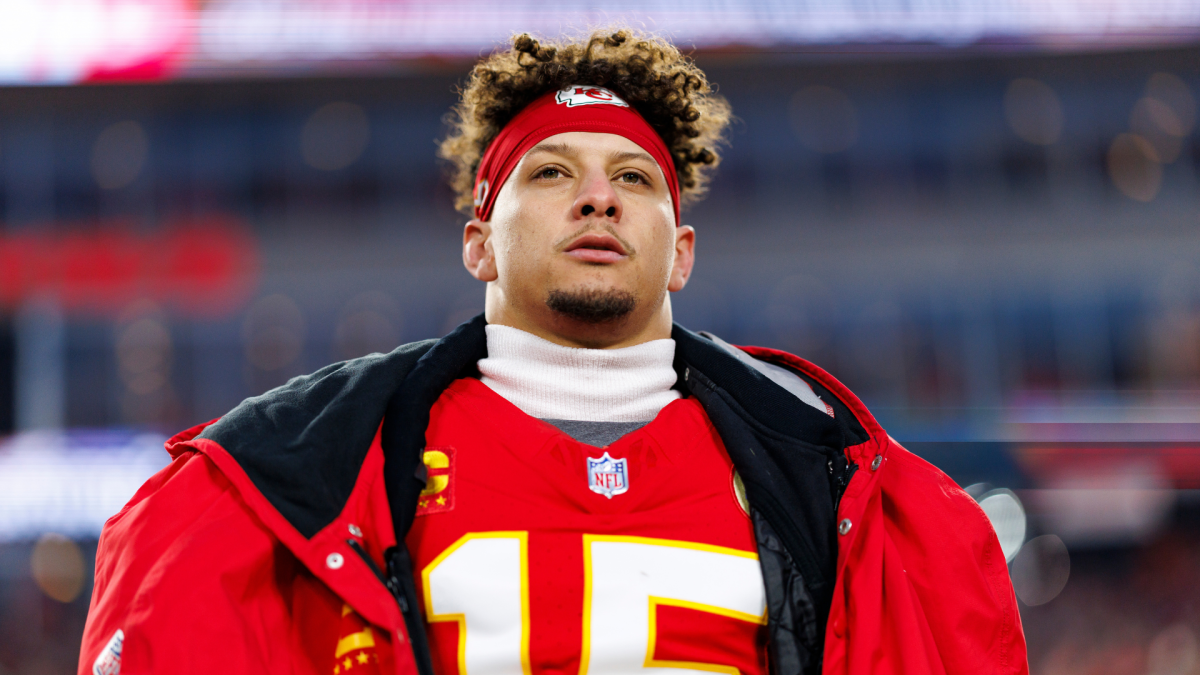
While the donation offer may have been rejected, it has sparked a larger conversation about the role of athletes in philanthropy and how the intersection of sports and social responsibility can evolve in the coming years. As Mahomes continues to build his legacy both on and off the field, it is clear that his focus will remain on creating opportunities for others in ways that are sustainable, impactful, and authentic.
In the end, Mahomes’ rejection of Musk’s $10 million offer serves as a powerful reminder that true change is not about large sums of money or grand gestures. It is about the long-term commitment to making a difference, creating opportunities for those who need it most, and ensuring that the work being done has a lasting impact.
For Mahomes, the goal has never been about accumulating wealth or fame — it has always been about using his platform to change lives and create a better future for the next generation. And in doing so, he has shown that sometimes, the most impactful choice is the one that challenges traditional notions of charity and philanthropy.


